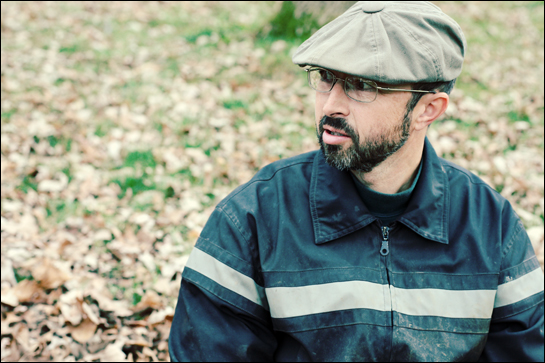
I am shocked to hear that 60% of people don’t know what’s holding them back from reaching their goals. So I decide that I will address the topic: The way you figure out what you should be doing next is that you try stuff.
You make bad choices, you try again. This is really standard advice for recent grads. But then, somewhere around age thirty, people start thinking they are above this advice. Like, this would be too slow and annoying for someone who is older than thirty.
And, in fact, that’s true. Finding out what you should be doing is a slow and annoying process because you have to try stuff. And a lot of times when we get stuck, we think philosophizing will get us out of the rut. But in fact, action gets us out. That’s right. Even for people like INTPs, who basically create theories in response to anything, even the INTPs have to take action in order to find out if they want to think at a think tank or at a university or a business. Read more





